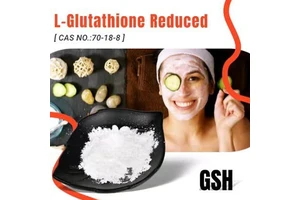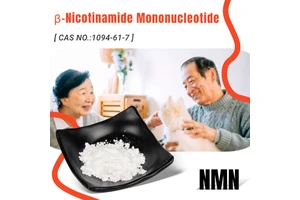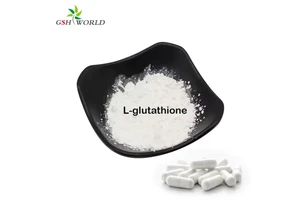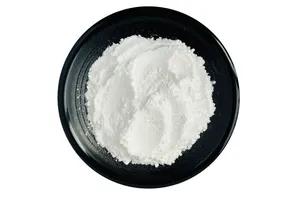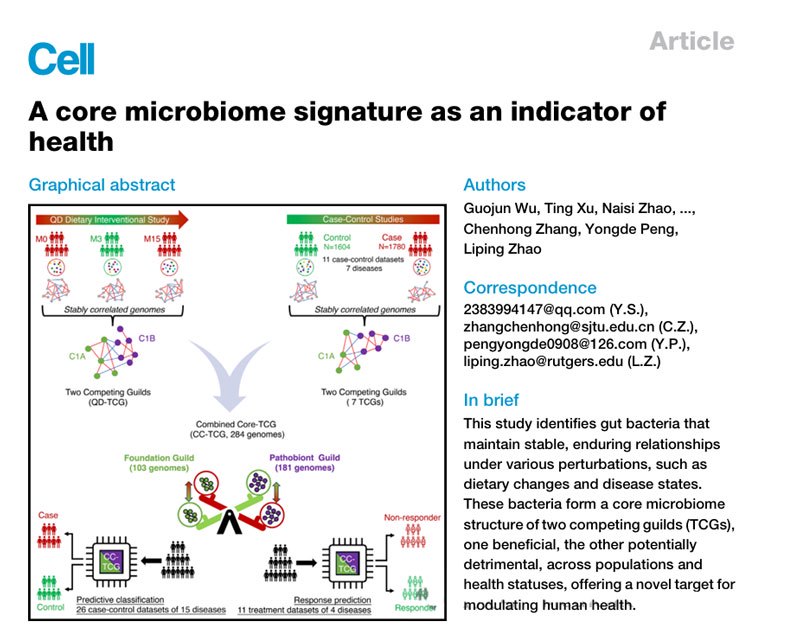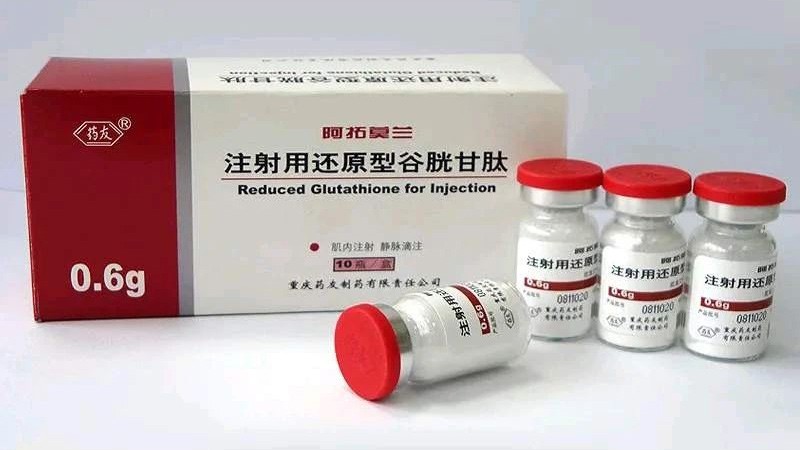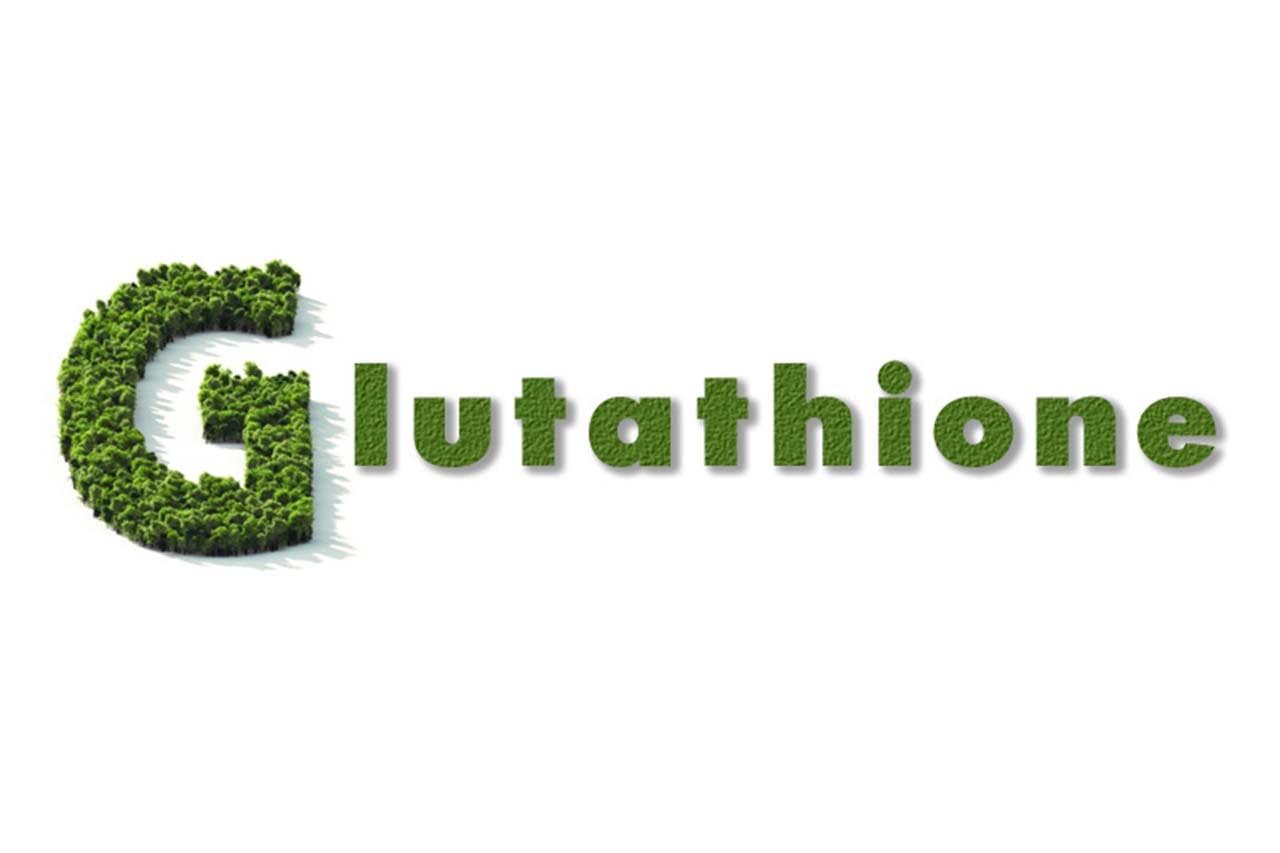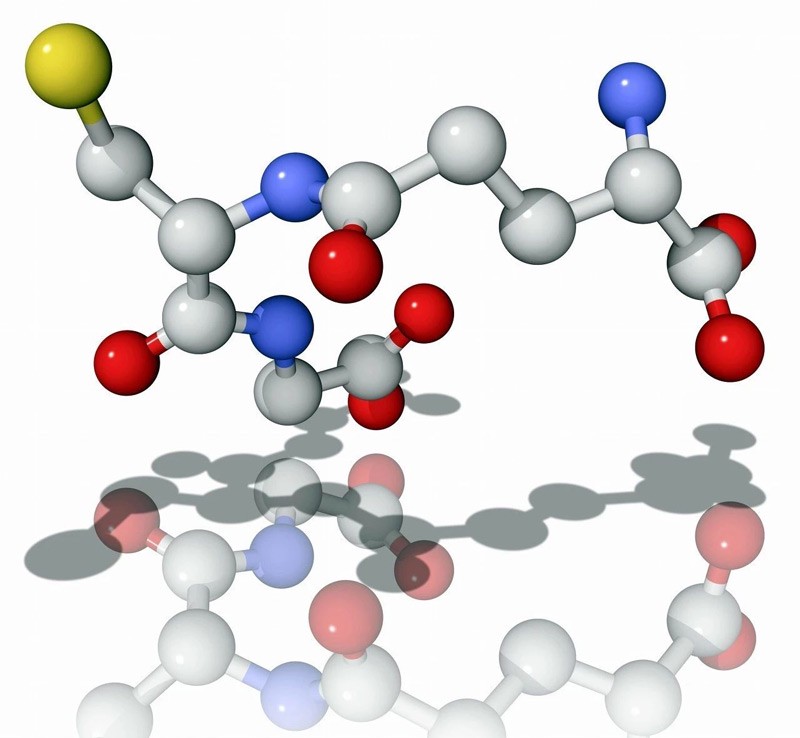Glutathione: How to make food taste better and your body Healthier
In living organisms, there is a small tripeptide compound composed of glutamic acid, cysteine and glycine, called glutathione (gamma-Glu-YS-gly).
This seemingly simple molecule plays multiple important roles in our health and our lives.
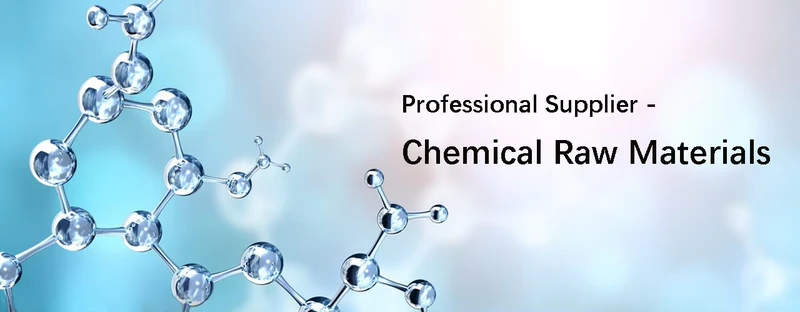
Antioxidant superhero: Glutathione is a powerful antioxidant that is able to mop up free radicals in the body and protect cells from oxidative damage.
Free radicals are harmful substances produced in the body that can attack cell membranes, proteins and DNA, leading to cell damage and disease.
Glutathione protects cells from oxidative damage by binding to free radicals and converting them into harmless substances.
Liver guardian of detoxification:
Glutathione also plays an important role in the detoxification process.
It can combine with toxic substances in the body such as heavy metals, drugs, toxins, etc., and transform them into harmless substances, thereby promoting their excretion from the body.
This function allows it to play an important role in the liver detoxification process and protect liver function.
Immunity booster:
Glutathione can activate and protect immune cells and enhance the immune function of the human body.
It helps maintain normal levels of lymphocytes, promotes the immune response and is essential for maintaining normal immune function.
The mysterious power of anti-aging:
Glutathione has an anti-aging effect, which can promote cell renewal and slow down the cellular aging process.
It slows aging by scavenging free radicals and protecting cells from oxidative damage.
Protector of the liver:
Glutathione has a protective effect on the liver and can relieve discomfort caused by liver diseases, such as hypoxemia and nausea.
It can also promote liver detoxification and treat liver diseases such as alcoholism, cirrhosis and hepatitis.
Allergy and beauty care experts:
Glutathione can correct the imbalance of acetylcholine and cholinesterase, play an anti-allergic role, and have a beautifying effect.
Glutathione also has a very strong whitening effect, pro-test.
Generalists in treatment and prevention:
Glutathione is widely used in detoxification, radiation protection, liver protection, anti-allergy, improvement of disease symptoms, beauty and so on.
It is used in clinical treatment for diseases such as hepatitis, hemolytic diseases, keratitis, cataracts and retinal diseases.
Glutathione taste
Glutathione is also a substance with strong flavor (kokumi) properties, and its application in food flavoring is mainly reflected in enhancing the perceptual effect of other taste substances.
In food flavor chemistry, the flavor intensity of glutathione is generally defined as 1, and other flavor substances are compared with glutathione to determine their flavor intensity.
In particular, it should be noted that glutathione does not have a distinct taste on its own, but can significantly enhance the umami, saltiness and sweetness of foods, and give foods a full, long-lasting and complex taste.
Glutathione enhances taste perception by activating calcium receptors on the tongue, a mechanism that allows it to work synergistically with other flavor-producing substances in food to enhance the overall flavor experience.
Studies have shown that glutathione can work synergistically with other flavorful substances such as monosodium glutamate (MSG) and sodium chloride (NaCl) to enhance the umami and saltiness of these substances.
Glutathione can also enhance the perception of sweet substances, for example, under certain conditions, glutathione can significantly enhance the sweetness of sucrose.
This makes glutathione an important application value in the food industry, especially in the development of condiments with reduced salt and increased freshness.
Sum up
Glutathione plays a variety of important roles in the biological body, from antioxidant, detoxification to enhance immunity and anti-aging has significant physiological activities.


